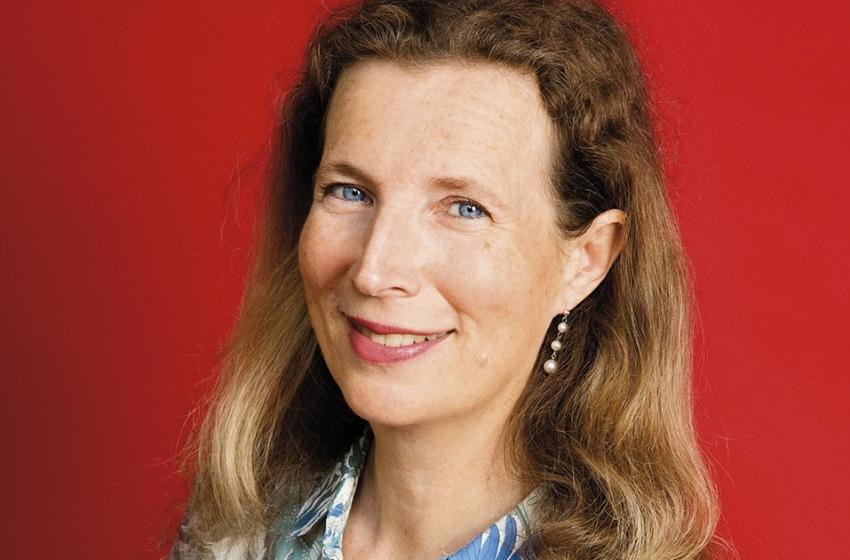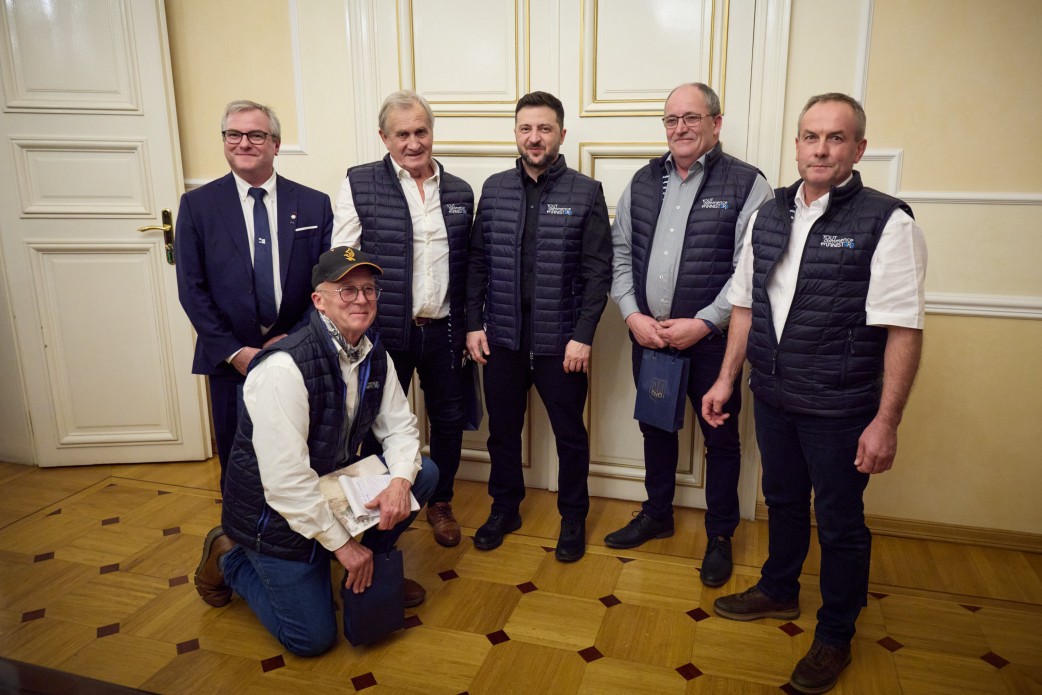On the occasion of the French Spring in Ukraine, Alliance Française Odessa is hosting Catherine Cusset, a French writer and winner of the Prix Goncourt des Lyceens, as part of a virtual conference.
Main photo: by Francesca Mantovani
Catherine Cusset was born in 1963 in Paris and represents a generation of intellectuals with a brilliant humanities education and an inquisitive mind. A graduate of the Normal High School, she defended her doctoral dissertation on de Sade and taught 18th-century literature at Yale University.
Catherine Cusset is the author of 13 novels published by Gallimar, including the novel Un brillant avenir, which won the Goncourt Lyceum Award in 2008, and The Other That Was Adored, which won the Goncourt Prize in 2016. Some of her novels (Jouir, La Haine de la famille, Confessions d'un radine, and New York, Journal d’un cycle) are described as autofiction, a French literary movement that is a hybrid of fiction and autobiography.
Cusset's work has been translated into 22 languages (Belarussian, Bulgarian, Czech, English, German, Greek, Hebrew, Italian, Japanese, Mandarin, Norwegian, Persian, Portuguese, Romanian, Russian, Serbo-Croatian, Slovenian, Spanish, Taiwanese, Turkish, Ukrainian, and Vietnamese.
Join ZOOM meeting on Sunday, April 11, at 18:00

Awards:
- 1995: Prix Femina finalist for En toute innocence.
- 2000: Grand Prix des lectrices de Elle for Le problème avec Jane
- 2007: Chevalier de l’Ordre des Arts et des Lettres
- 2008: Prix Goncourt des Lycéens for Un brillant avenir
- 2013: Prix littéraire d'Arcachon for Indigo
- 2016: Prix Goncourt finalist for L'autre qu'on adorait
- 2016: Le Choix Goncourt de la Belgique for L'autre qu'on adorait
- 2016: Le Choix Goncourt de la Roumanie for L'autre qu'on adorait
- 2016: Le Choix Goncourt de la Slovenie for L'autre qu'on adorait
- 2016: Le Choix Goncourt de la Suisse for L'autre qu'on adorait
- 2016: Officier de l’Ordre des Arts et des Lettres
- 2018: Prix Anaïs Nin for Vie de David Hockney

The novel Un brillant avenir is an autofictional saga of 4 generations, which unfolds from 1950 to 2006 at the intersection of Romania, Israel, the United States and France. The translation into Ukrainian was made in 2017 by the publishing house K.I.S. (translator - Maryna Marchenko) within the Skovoroda Publishing Assistance Programme.
On Sunday, April 11, at 18:00, Catherine Cusset will give an online lecture on zoom, in which she will talk about her own literary space between New York and Paris and the novel Un brillant avenir.

The Romanian heroine of this novel has three surnames and two first names during the course of the novel. She starts as Elena Cosma. Her mother died when Elena was very young and she is adopted by her mother’s sister and her husband, acquiring their name of Timerescu. It is with this name that she grows up. After the problems of the war in Romania, Elena settles down with her adoptive parents, becoming hard-working and responsible. As Cusset tell the story in chapters for a specific year and does not tell them chronologically, we have a pretty good idea of what is going to happen to Elena during her life. She becomes a nuclear physicist but remains an obedient daughter, paying lip service to the communist ideal but does not have her adoptive parents’ fervour for the cause. Everything changes when she meets Jacob. Jacob is Jewish....






















